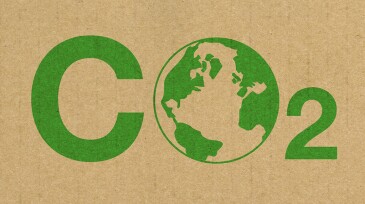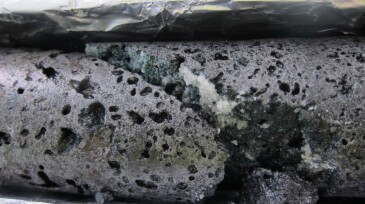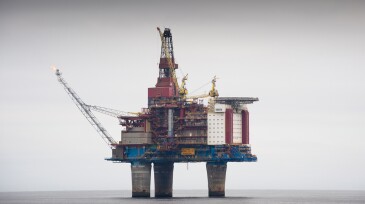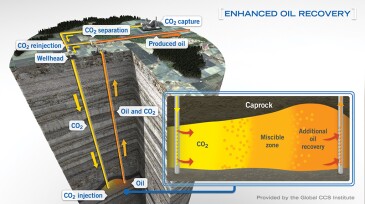Technology
Over the past decade, oilfield service companies have transformed logging-while-drilling (LWD) development into a faster, collaborative, system-level process that delivers improved reliability from the first run and makes development philosophy as important as the technology itself.
Saipem's center includes a full-scale simulator designed to replicate real operational scenarios to deliver an immersive training experience.
EZOps will integrate its Mobile Oilfield Management platform into the college’s energy technology program, giving students hands-on experience with digital tools used in modern oilfield operations.
-
Corrosion is a thermodynamic process. This simply means corrosion is a natural process that can only be controlled and never be stopped completely.
-
The increase in CO2 emissions has been dramatic in the last few decades. A possible solution to this difficult and intractable problem can be adopting a circular carbon economy.
-
Disruptive digital technologies change the world, altering fundamental aspects of how we work and live. A new generation of digital technologies, enabled by blockchain, could make processes faster and create opportunities both for businesses and individuals. Blockchain-based technology could also help accelerate the energy transition.
-
The article provides an overview of the production, cost, and key industrial players of different colors of hydrogen.
-
In brownfields, artificial lift methods are employed to add energy to the fluids inside the well, aiding their movement to the surface. This article overviews four popular artificial lift methods and discusses general screening criteria for selecting which method is the best for a specific well.
-
Mineral trapping of CO2 only occurs on geological timescales. A new technology holds promise to accelerate the pace in years.
-
Since the discovery of its first offshore reservoirs in the late 1950s and early 1960s, North Sea has a long and proud history in oil production and technical innovation.
-
As the global economy continues to grow, carbon emissions are also projected to rise. While large-scale geothermal, nuclear, solar, and wind deployment as well as increased electrification could blunt emissions growth, net-negative carbon technologies will be needed to reach the United Nation’s two-degree target. That will require massive investment in carbon capture,…
-
This article introduces MRST-co2lab, a free and open-source module in MRST, which can be used to carry out reservoir simulations covering the whole life cycle of a CO2 project.
-
The industry is currently injecting more pore volumes of CO2 than earlier. There is more emphasis on maintaining wellbore conditions and improving sweep efficiency.













